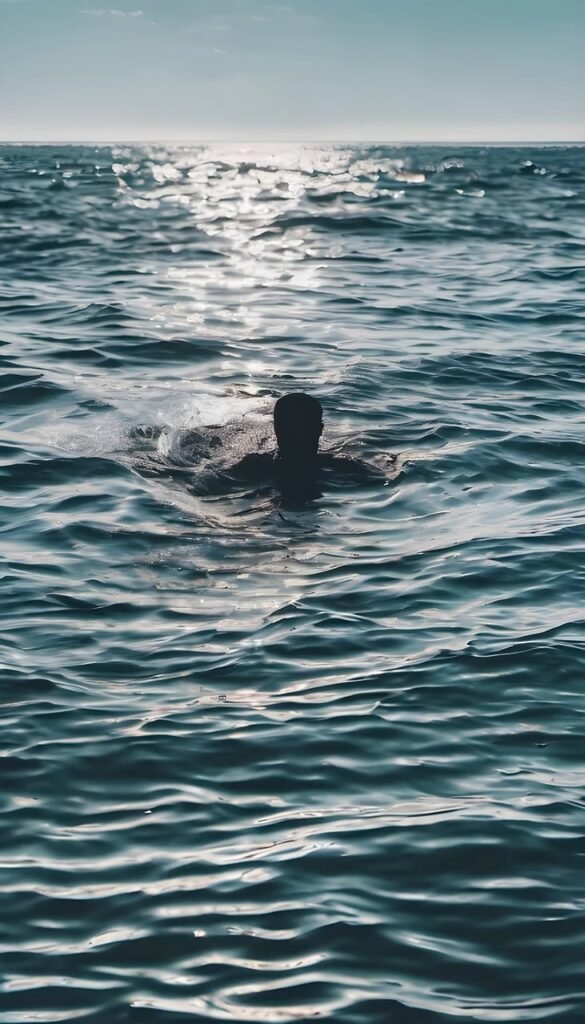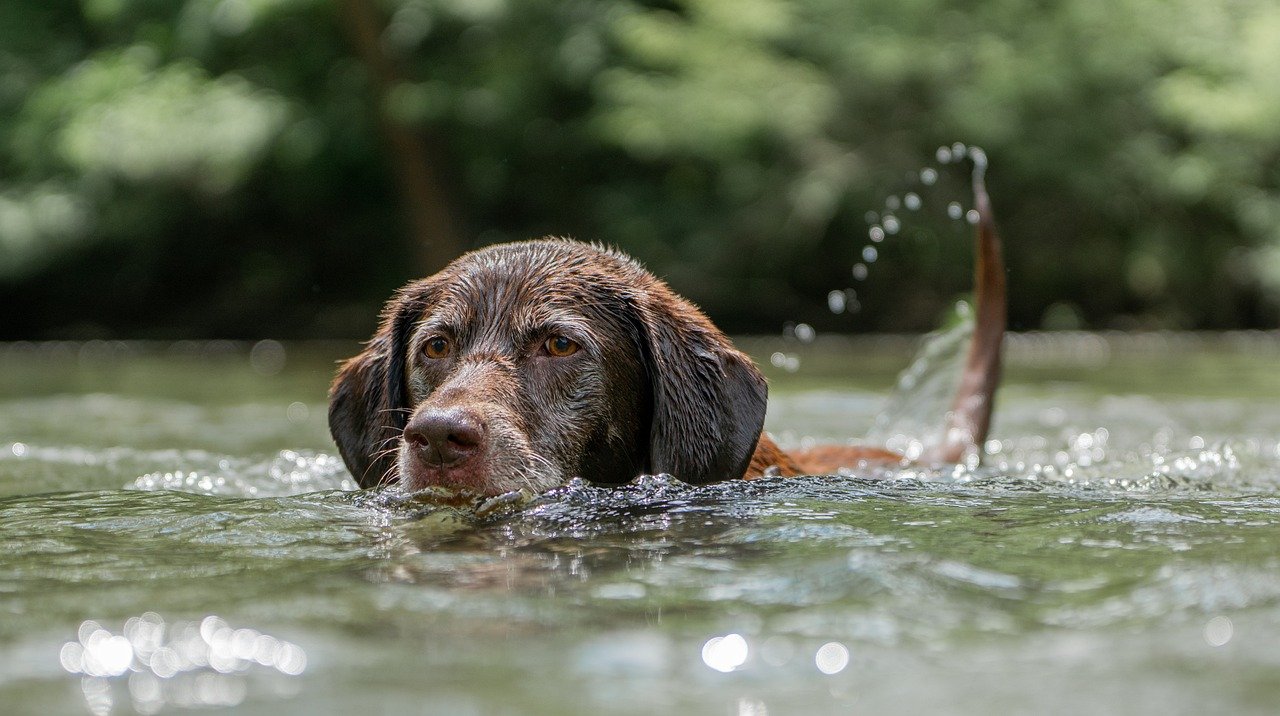Welcome to the world of swimming where you can learn the basics of this invigorating life skill at any age! Dive into Swimming offers beginner lessons designed for all age groups, making it never too late to start your swimming journey. Whether you’re a timid toddler, a curious child, or an adventurous adult, these classes cater to everyone’s needs and abilities. Join us in the pool and let’s start making a splash together!
Dive into Swimming: Beginner Lessons for All Age Groups
Are you ready to take the plunge and learn how to swim? Whether you’re a child, a teenager, an adult, or a senior, it’s never too late to start swimming. In this article, you will discover the basics of swimming and find beginner lessons suitable for all age groups.

This image is property of pixabay.com.
Why Learn to Swim?
Swimming is not only a fun and enjoyable activity but also a crucial life skill that can save lives. Whether you’re looking to stay active, boost your confidence in the water, or just have a great time splashing around, learning to swim opens up a whole new world of possibilities.
It’s fun and relaxing
Swimming can be a great way to unwind, relax, and have fun. Being in the water can help reduce stress and anxiety, giving you a sense of calm and tranquility.
It’s a life-saving skill
Knowing how to swim can potentially save your life or the lives of others in case of emergencies such as drowning. Learning basic water safety skills and proper swimming techniques can make a significant difference in risky situations.
Finding the Right Swimming Lessons
Before you jump into the pool, it’s essential to find the right swimming lessons tailored to your age group and skill level. Here are some tips on how to find the perfect swimming lessons for beginners of all ages.
Children (Ages 3-12)
If you have a young child eager to learn how to swim, look for swim schools or instructors that specialize in teaching young children. Make sure the lessons are age-appropriate, fun, and engaging to keep your child interested and motivated.
Teenagers (Ages 13-19)
For teenagers, group lessons with peers of the same age can be a great way to learn how to swim while socializing and having fun. Look for swimming programs that cater to teenagers and offer a supportive and encouraging environment.
Adults (Ages 20-64)
Adult beginners may feel self-conscious or anxious about learning to swim, but it’s never too late to start. Look for adult beginner swimming classes that focus on building water confidence, developing proper strokes, and providing a supportive atmosphere.
Seniors (Ages 65+)
Swimming is an excellent low-impact exercise for seniors, providing a full-body workout without putting too much stress on the joints. Look for senior aquatics programs or water aerobics classes specifically designed for older adults.

This image is property of pixabay.com.
Basic Swimming Skills and Techniques
Before you hit the water, it’s essential to learn the basic swimming skills and techniques that will help you feel comfortable and confident in the pool. Here are some fundamental skills to master as a beginner swimmer of any age.
Floating
Learning how to float on your back and stomach is the foundation of swimming. Practice floating in shallow water first, using a kickboard or pool noodle for support if needed. Relax your body and spread out your arms and legs to stay buoyant.
Kicking
Kicking is a crucial part of swimming that helps propel you through the water. Practice kicking on your front and back, focusing on keeping your legs straight and your toes pointed. Use a kickboard for support and practice different kicking techniques like flutter kick and dolphin kick.
Breathing
Proper breathing is essential for swimming efficiently and comfortably. Practice rhythmic breathing by exhaling underwater and taking quick breaths when your face is out of the water. Focus on timing your breaths with your strokes to maintain a steady breathing pattern.
Basic Strokes
As a beginner, mastering basic swimming strokes like freestyle (front crawl), backstroke, breaststroke, and elementary backstroke can help you become a confident and competent swimmer. Work with your instructor to learn proper arm movements, leg kicks, and breathing techniques for each stroke.
Choosing the Right Swim Gear
Having the right swim gear can make a significant difference in your swimming experience as a beginner. Here are some essential swim gear items you may need for your lessons:
Swimwear
Choose swimwear that is comfortable, allows freedom of movement, and fits securely. For women, a one-piece swimsuit or tankini is a popular choice, while men can opt for swim trunks or swim briefs. Make sure your swimwear is made of chlorine-resistant material and provides UV protection if swimming outdoors.
Goggles
Invest in a good pair of swim goggles to protect your eyes from chlorine and water irritation. Look for goggles that fit snugly without leaving marks on your face, and choose a style with anti-fog and UV protection for a clear vision in the water.
Swim Cap
A swim cap can help keep your hair out of your face, reduce drag in the water, and protect your hair from chlorine damage. Whether you have long or short hair, a swim cap is a useful accessory to have during your swimming lessons.
Earplugs and Nose Clips
If you’re prone to ear infections or water entering your ears and nose, consider using earplugs and nose clips during your swimming lessons. These accessories can help prevent water from getting into your ears and nose, reducing the risk of infections and discomfort.

This image is property of pixabay.com.
Swim Lesson Programs for All Age Groups
Ready to dive into swimming and start your beginner lessons? Here are some recommended swim lesson programs for all age groups, designed to help you learn the basics, improve your skills, and build confidence in the water.
Children’s Swim Lessons
-
Swim Schools: Look for reputable swim schools that offer group lessons, private lessons, or parent-child classes for children ages 3-12. Programs like the American Red Cross swim lessons or the YMCA swim programs are excellent choices for kids.
-
Parent-Child Classes: For younger children, parent-child swim classes can help introduce them to the water in a safe and fun environment. Parents can participate in the lessons to encourage their children and provide additional support.
Teen Swim Lessons
-
High School Swim Teams: Many high schools offer swim teams and swim lesson programs for teenagers. Joining a high school swim team can provide you with professional coaching, opportunities to compete, and a supportive team environment.
-
Community Centers: Check out local community centers or recreation facilities that offer teen swim lessons, water polo programs, or synchronized swimming classes. These programs are a great way to stay active and make friends.
Adult Swim Lessons
-
Adult Beginner Classes: Look for adult beginner swim classes at your local pool, fitness center, or swim club. These classes are designed for adults with little to no swimming experience and focus on water safety, basic strokes, and building confidence in the water.
-
Masters Swimming Programs: If you’re looking to improve your swimming skills and technique, consider joining a Masters Swimming program for adults. These programs cater to swimmers of all levels and offer structured workouts, coaching, and camaraderie.
Senior Swim Lessons
-
Senior Aqua Fitness: Participate in senior aquatics or water fitness classes specifically designed for older adults. These classes focus on improving flexibility, strength, and cardiovascular health through water-based exercises and activities.
-
Arthritis Foundation Aquatic Program: The Arthritis Foundation offers aquatic exercise programs for seniors with arthritis or joint pain. These gentle water exercises can help reduce pain, improve joint function, and enhance overall well-being.
Swim Safety Tips for Beginners
Safety should always be a top priority when learning how to swim, especially as a beginner. Here are some essential swim safety tips to keep in mind during your swimming lessons:
Always Swim with a Buddy
Whether you’re a child, teenager, adult, or senior, never swim alone. Always swim with a buddy or under the supervision of a lifeguard or instructor to ensure someone is there to help in case of emergencies.
Know Your Limits
Respect your limits and avoid pushing yourself beyond what you’re comfortable with. If you’re feeling tired, out of breath, or experiencing any discomfort, take a break, and rest until you feel ready to continue.
Learn Water Safety Skills
In addition to learning how to swim, make sure you also learn essential water safety skills like treading water, floating, and recognizing signs of drowning. Understanding water safety can help you stay calm and respond effectively in emergencies.
Follow Pool Rules
Always follow pool rules and regulations, such as no running on the pool deck, no diving in shallow water, and no horseplay in the water. Adhering to pool rules can help prevent accidents and injuries during your swimming lessons.
Conclusion
Congratulations on taking the first step towards learning how to swim! Whether you’re a child, a teenager, an adult, or a senior, diving into swimming as a beginner can be a rewarding and enjoyable experience. Remember to practice your basic swimming skills, choose the right swim gear, and enroll in swim lesson programs tailored to your age group and skill level. With dedication, practice, and perseverance, you’ll soon be gliding through the water with confidence and ease. Happy swimming!
